EVs: It's Not Just About Polar Bears
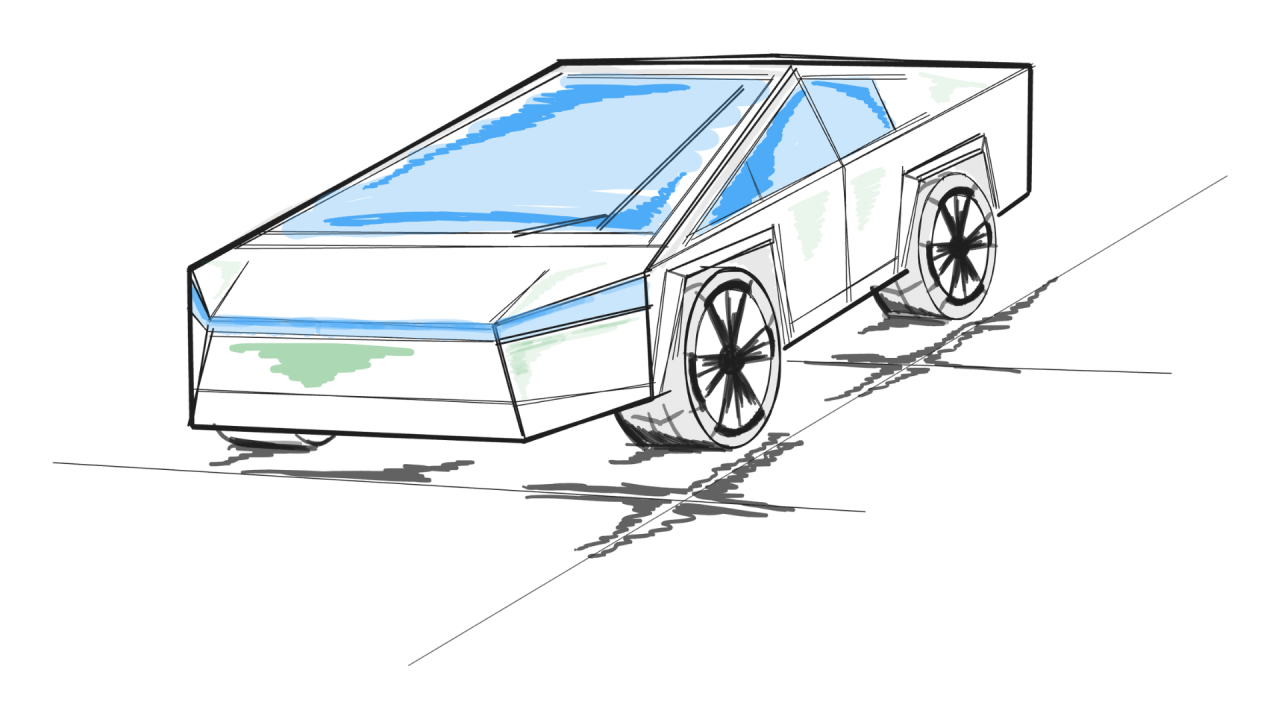
Whenever I start a conversation about electric vehicles (EVs), the first thing people tend to talk about is the environment – fighting global warming, cutting down on pollution, and all that. Don't get me wrong, those are great points. But honestly, I think progress in the EV industry is needed to go beyond being eco-friendly, even though EVs aren’t as "eco" as some may think (subject for a separate conversation).
Feeding the Car Ritual
For some reason, every time I need to fuel my car, the process of finding a gas station, driving there, and refueling feels like a routine I’d gladly avoid if I had any other options, especially when I’m rushing to a meeting and running low on gas. So I completely understand why some people feel hesitant about buying EVs if charging takes time.
Here's the good news: fast-charging technology is improving all the time. But what if you didn't even need to stop for charging at all?
Picture this: you pull into a parking lot, do your shopping, and by the time you're back, your car is fully charged. No pumps, no plugs, or any other place you need to drive to recharge or refill your car.
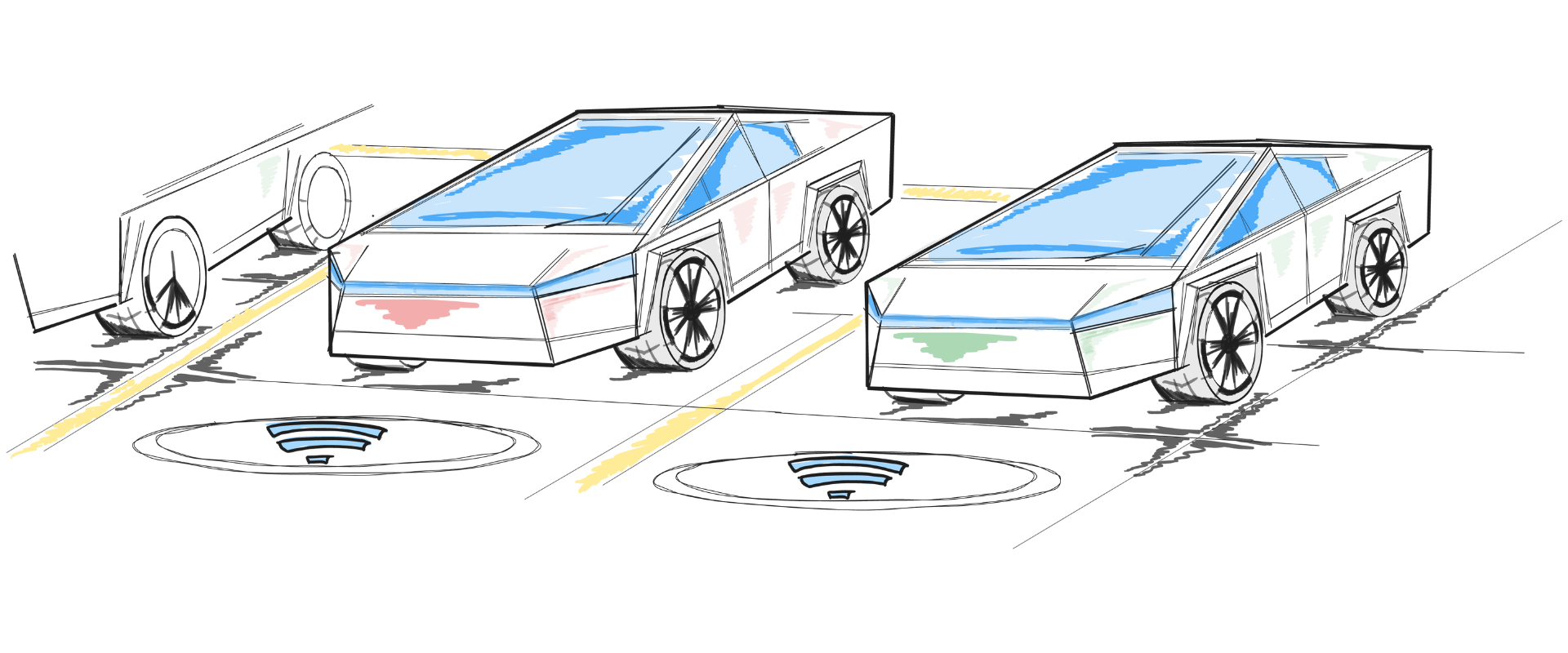
It sounds futuristic, but we're already using wireless charging for phones and gadgets, so why not cars? Or what if we had docking stations integrated into parking lots, just like the charging docks your smart vacuum cleaner uses?
Of course, this kind of transformation will take time, requiring massive infrastructure changes and extensive work on safety – perhaps so much that I won’t be around to see it. But I truly believe it’s solvable with enough effort and innovation, and many people will absolutely love it.
EVs might just put an end to the whole hassle of "feeding" your car.
Infrastructure
Okay, I know what you're thinking: "You're crazy, won't we need to upgrade the entire electrical infrastructure to allow that much power to be transferred to so many places?" And you're absolutely right!
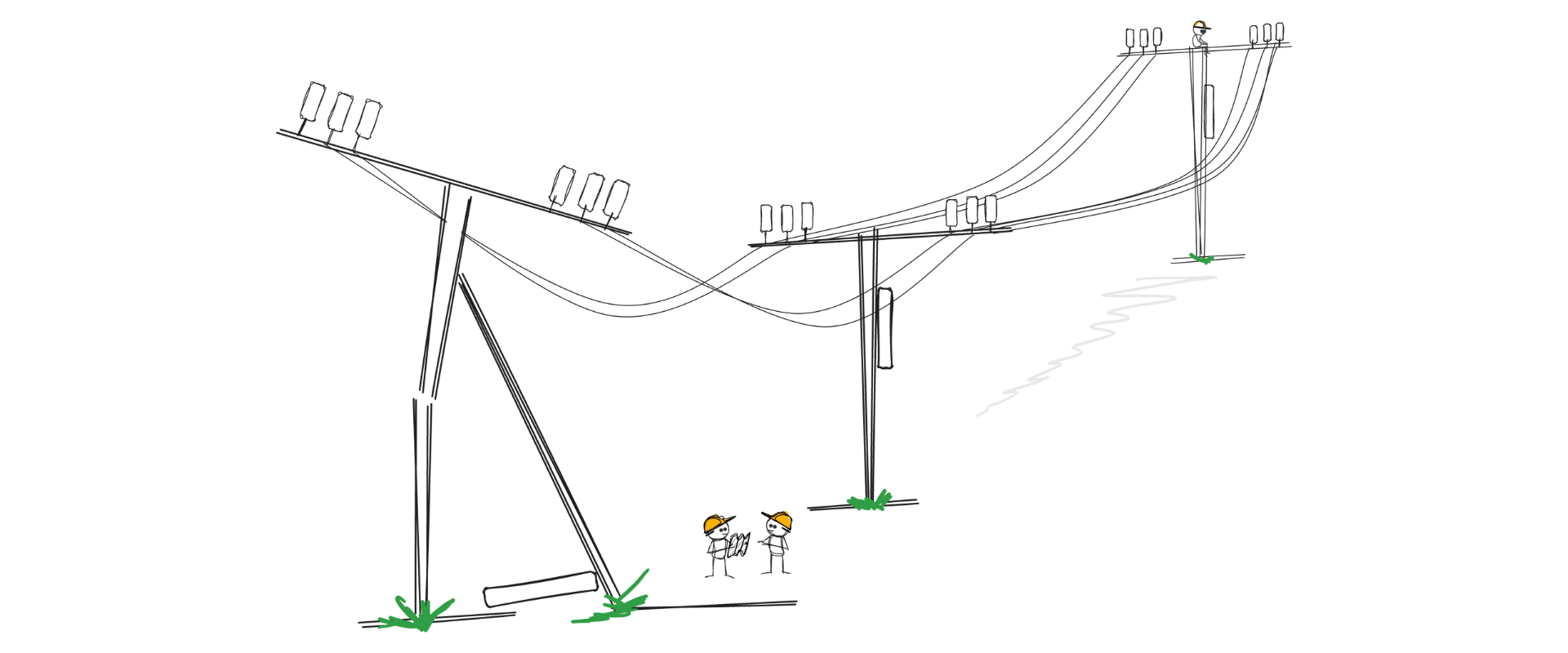
Building and upgrading infrastructure at such a scale is a big deal. But here's the thing – we're heading in that direction anyway. Cities are growing, we’re using more electricity than ever, and this trend will likely grow. Look at how much energy consumption has increased just because of AI-boom alone, not to mention Crypto :)
Upgrading the energy infrastructure is inevitable and it's not just about EVs - it's about making sure our power systems can keep up with everything else we'll need and come up with in the future - like robots, for example.
From this perspective, it’s not hard to imagine shopping centers wirelessly charging the cars of their most loyal customers at a discounted rate while they shop, and a friendly robot helping them with bags.
In addition to that think about how much effort it takes to get fuel to your local gas station. It's a whole process involving trucks, refineries, and loads of logistics. Now compare that to electricity, which travels through power lines straight to your home or a charging station.
Perhaps, only people in remote or difficult-to-access areas may still rely on combustion-engine vehicles, but even there, solar panels could provide an alternative.
Robotics
It’s not just EVs that need better power grids and infrastructure, advanced batteries, efficient and cleaner recycling methods, and smarter ways to recharge it - the future of robotics also relies on it.
The humanity has been dreaming about robots powered by AI for a quite long time.
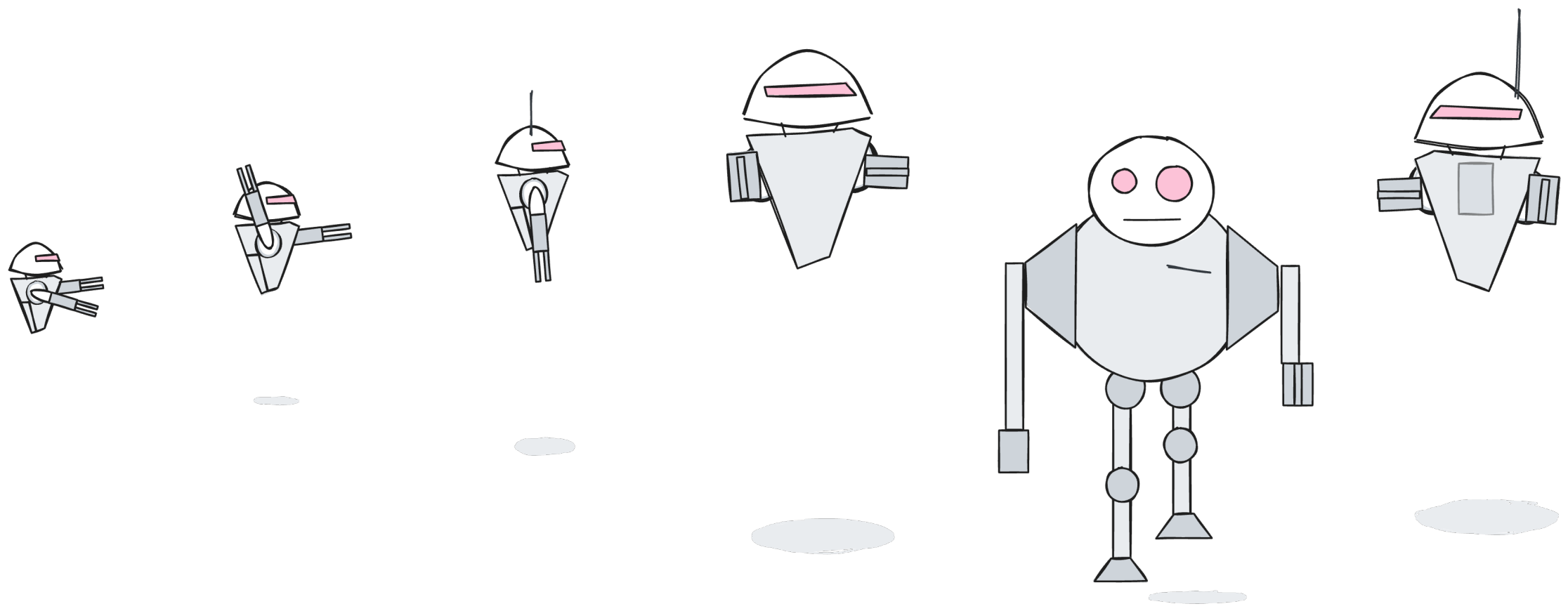
The challenges we’re facing with EVs today are paving the way for a more electrified, interconnected future and setting the stage for a world where robots are everywhere.
Maintenance
Lastly, EVs are much simpler mechanically than traditional cars. Internal combustion engines have thousands of moving parts. Without things like oil changes, spark plugs, or exhaust systems to worry about, maintenance will become much easier.
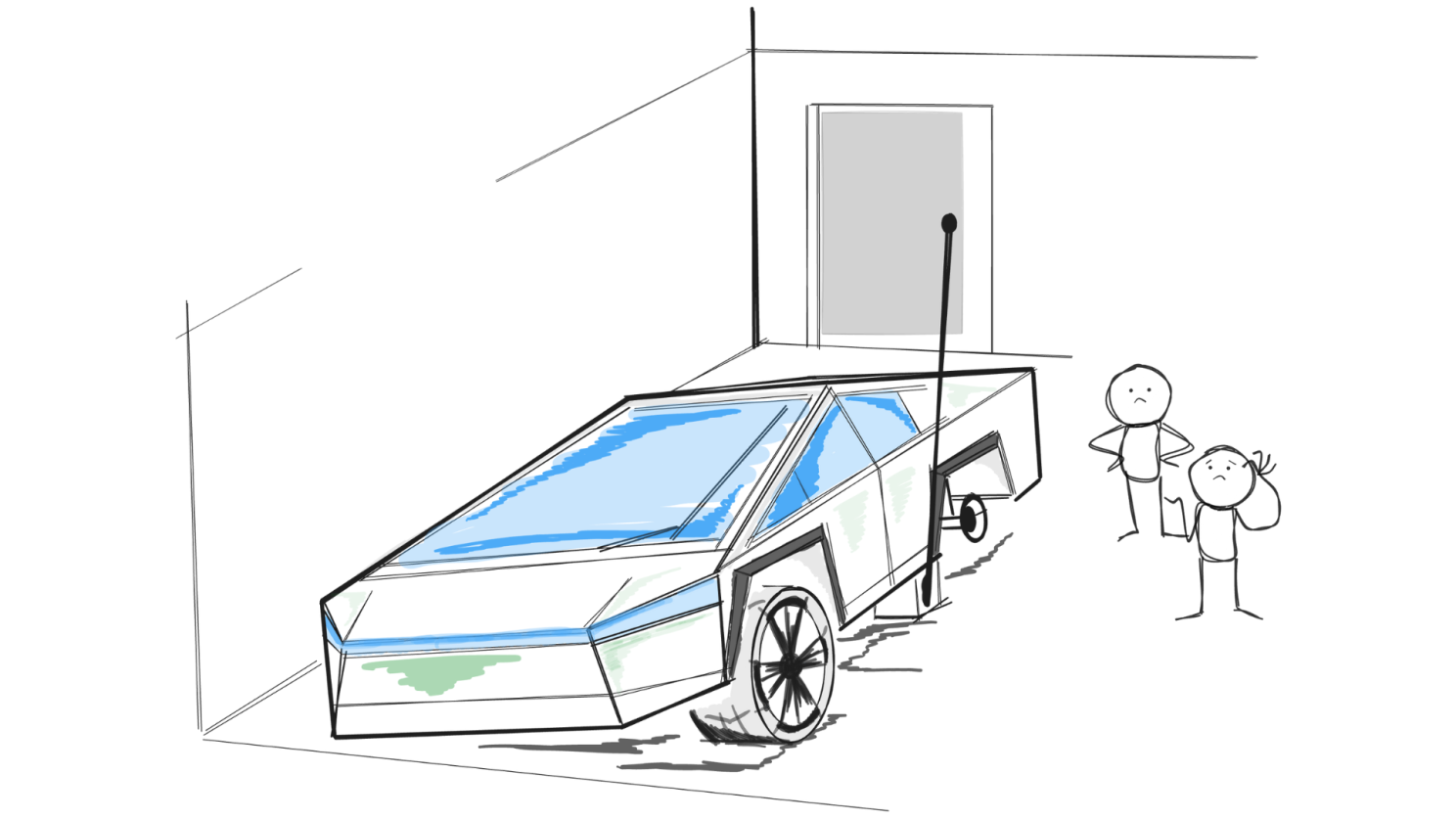
This shift could drastically transform the car service industry, turning mechanics into more of a blend between technicians, electrical engineers, and coders who will service not only cars but also robots.
Somewhere in 2081:
Breakthroughs in battery technology will make today’s lithium-ion cells obsolete and alternatives like solid-state batteries, hydrogen fuel cells, or supercapacitors will give us significantly greater battery capacity, and if you still need to charge your car, it’ll only be once a month - and when you do, it’ll be incredibly fast.
Gas stations will transform into nostalgic museums. Wireless charging or similar systems will become the norm. While mechanics might double as software experts, fixing cars and robots with code rather than wrenches.
So, EVs aren’t just about saving polar bears - they’re also about preparing us for a major technological shift.
I hope to see this future...
